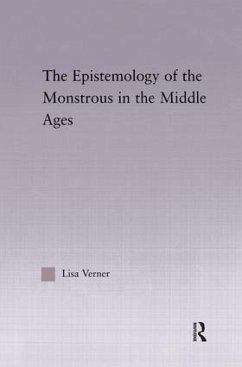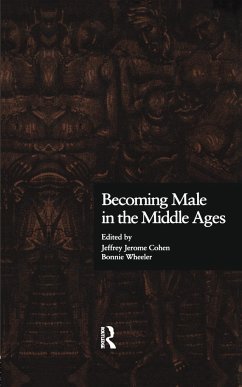
The Book and the Magic of Reading in the Middle Ages
Versandkostenfrei!
Versandfertig in 1-2 Wochen
171,99 €
inkl. MwSt.

PAYBACK Punkte
86 °P sammeln!
These essays explore the cultural significance of writing, reading and the book in the Middle Ages, and argues for an understanding of medieval cultures as combinations of oral and literary expressions. Essays explore the representation of books and reading in art, literature and iconography and the philosophical and religious significance of reading and literacy.
The computer revolution is upon us. The future of books and of reading are debated. Will there be books in the next millennium? Will we still be reading? As uncertain as the answers to these questions might be, as clear is the message about the value of the book expressed by medieval writers. The contributors to the volume The Book and the Magic of Reading in the Middle Ages explore the significance of the written document as the key icon of a whole era. Both philosophers and artists, both poets and clerics wholeheartedly subscribed to the notion that reading and writing represented essential epistemological tools for spiritual, political, religious, and philosophical quests. To gain a deeper understanding of the cultural significance of the medieval book, the contributors to this volume examine pertinent statements by medieval philosophers and French, German, English, Spanish, and Italian poets.












